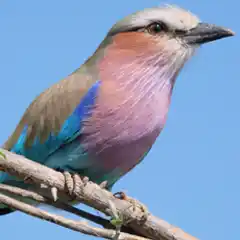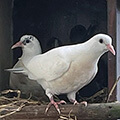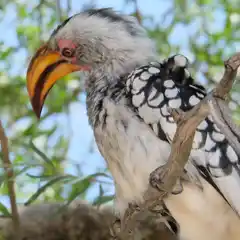







As part of this project, we aimed to establish a standardised and highly reproducible culture system for Eimeria, which will be critical in several research fields: from basic cell and developmental biology of Eimeria to the identification of potential drug targets, drug screening approaches, disinfection studies and vaccine development. In the beginning, we used 19 mammalian cell cultures to explore the efficacy of Eimeria infection and propagation. Amongst those, two did demonstrate infection, but there was no obvious propagation of the parasite. As such, we decided to explore this in vivo (in chickens) to investigate whether there are any metabolic profiles associated with potential Eimeria infection. Using NMR metabolomics, we were able to identify distinct gut metabolic profiles in the chickens that were infected with the parasite, and data analysis enabled us to classify 15 of these metabolites. Future work will focus on understanding the roles of these metabolites and whether can be used to supplement already existing in vitro systems. We will also incorporate the knowledge we have acquired from both these sets of experiments to develop new tools for visualising Eimeria’s propagation in a lab setting.
Return to the Grants Awarded page.